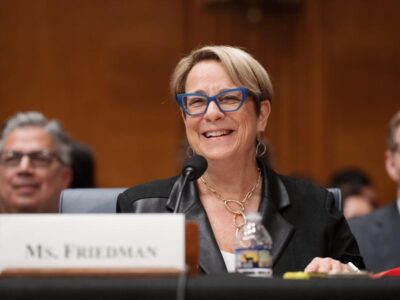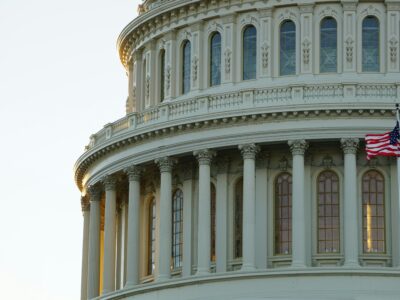
Records Retention Key to Proving Pension Eligibility
The Pension Rights Center can’t emphasize enough the importance of retaining and preserving one’s pension and employer-sponsored retirement plan documents, as Liz’s case below shows. Liz’s Story Liz, a 68-year-old Midwesterner, worked for a shoe manufacturer for 20 years and was fully vested in the company’s pension plan. Fortunately for her, she retained plan letters […]

Happy Holidays from the PRC
While our nation faces a number of economic challenges, the Pension Rights Center continues, with singular focus, on our mission to improve retirement income security, particularly for low- and moderate-income workers. For almost fifty years, the PRC has been a nationally recognized “consumer watchdog” that defends and advocates for the retirement income rights and […]

Pension Counseling Projects Making Life-Altering Difference
Two incredible success stories from the Trellis Pension and Retirement Rights Project—Mid America Region highlight the fact that people getting assistance from the Pension Counseling Projects often have positive, life-changing outcomes. The Trellis Pension and Retirement Rights Project—Mid America Region is one of six counseling projects supported by the Administration on Community Living that provide […]

PRC Executive Director Karen Friedman’s Speech at the Pension Action Center’s 2025 Fall Fundraising Event
PRC Executive Director Karen Friedman recently gave the keynote speech at the Pension Action Center‘s fall fundraising event, “Making an ImPACt: Advocacy and Education in Action.” The Pension Action Center, part of the University of Massachusetts Boston’s Gerontology Institute, provides free legal counseling for workers and retirees who live or worked in Connecticut, Maine, Massachusetts, […]

Pension Frights on Halloween
By David Brandolph On October 31, ghosts, goblins and vampires run amok. But on this Halloween, what scares the Pension Rights Center is the altogether frightening prospect that millions of people won’t be able to retire with adequate income. What we see in PRC’s magic “mirror-mirror on the wall” (that always tells the hard truth) […]

MarketWatch: Could your employer take away your 401(k) match? Sherwin-Williams just did it.
For countless American workers, the 401(k) company match is simply a fact of life: They contribute regularly to their employer-sponsored retirement plan — and in turn, the employer kicks in a matching amount. The average company contribution equates to 4.6% of a worker’s pay, according to Vanguard. But what if that match just disappears?

It’s Time to Celebrate Social Security’s Birthday
By David Brandolph Let’s all raise a glass in honor of Social Security, the nation’s most successful social insurance program, as it celebrates its 90th anniversary. On August 14, 1935, America was mired in the Great Depression with roughly one-half of our nation’s elderly living in poverty. On that day, precisely 90 years ago, President […]

PRC Executive Director Testifies on Retirement Income Solutions
Karen Friedman, the Pension Rights Center’s Executive Director, recently testified before the U.S. Senate’s Committee on Health, Education, Labor and Pensions (HELP) on expanding coverage for the millions of private sector workers not covered by or participating in an employer-sponsored retirement benefit plan. Karen’s goal was to make the Senators aware that retirement insecurity is […]

PRC’s Written Testimony to the Senate HELP Committee
Written testimony provided to the Senate Committee on Health, Education, Labor, and Pensions by Karen Friedman on behalf of the Pension Rights Center. Friedman testified before the Committee on July 17, 2025 to urge Congress to take steps to improve the retirement income security of American workers.

PRC Calls on Congress to Enhance Retirees’ Financial Security
Pension Rights Center (PRC) Executive Director Karen Friedman testified before the Senate Health Education, Labor and Pension (HELP) Committee during a July 17th hearing entitled “Freedom to Work: Unlocking Benefits for Independent Workers.” Friedman told members of the Committee that they must act to address Americans’ justifiable fear of having insufficient resources and income to […]

Retaining Employment Records Can Be Crucial
Everyone Makes Mistakes It’s a fact of life: everyone makes mistakes—including retirement plan administrators. Mistakes are especially likely to occur when employers change recordkeepers or systems of keeping records. Retaining your own records of employment can mean that those mistakes can be corrected. Changes for Federal Workers The recent announcement from the Office of Personnel […]



